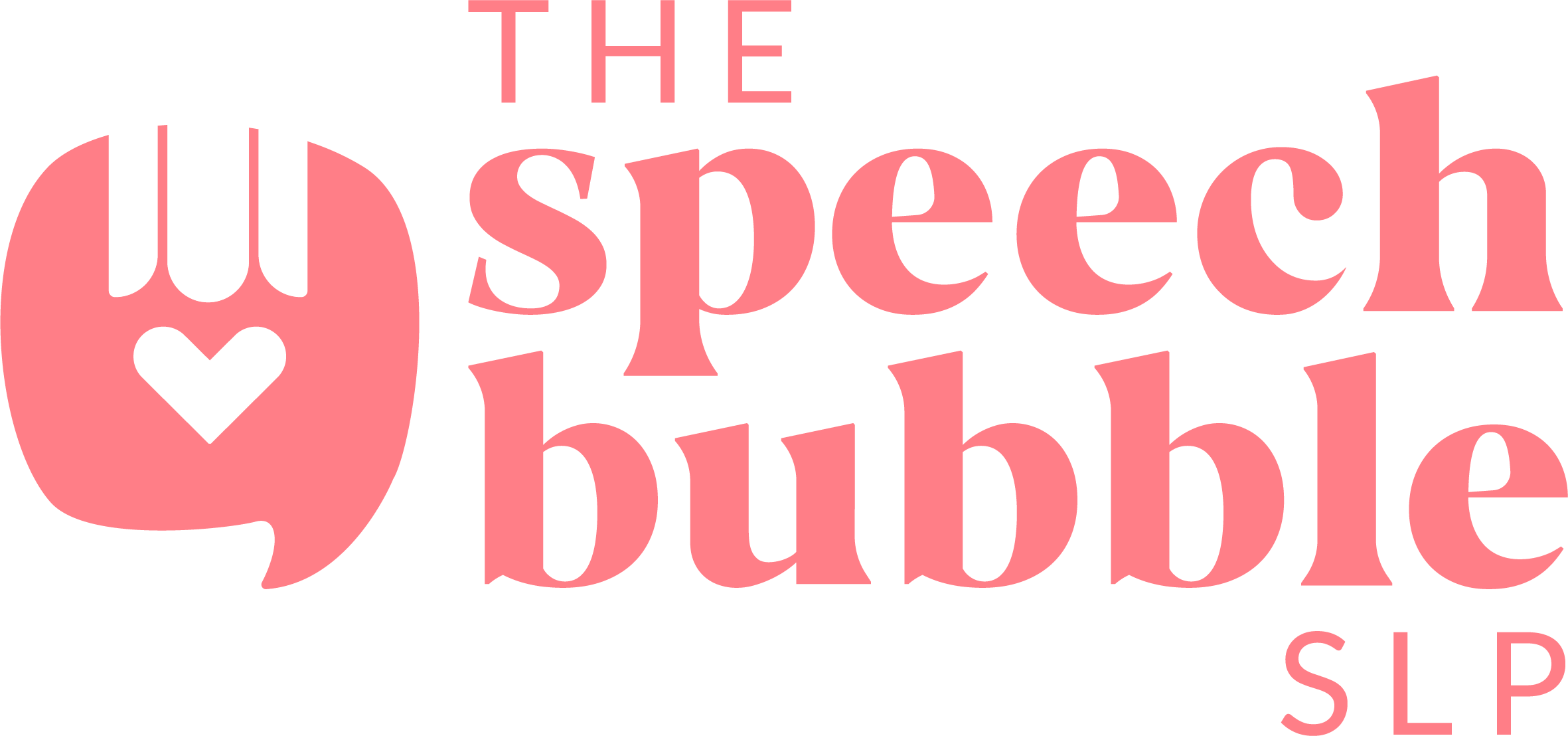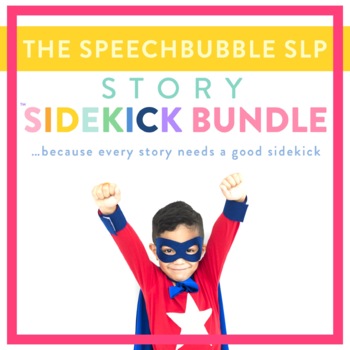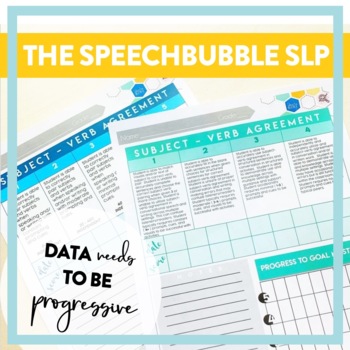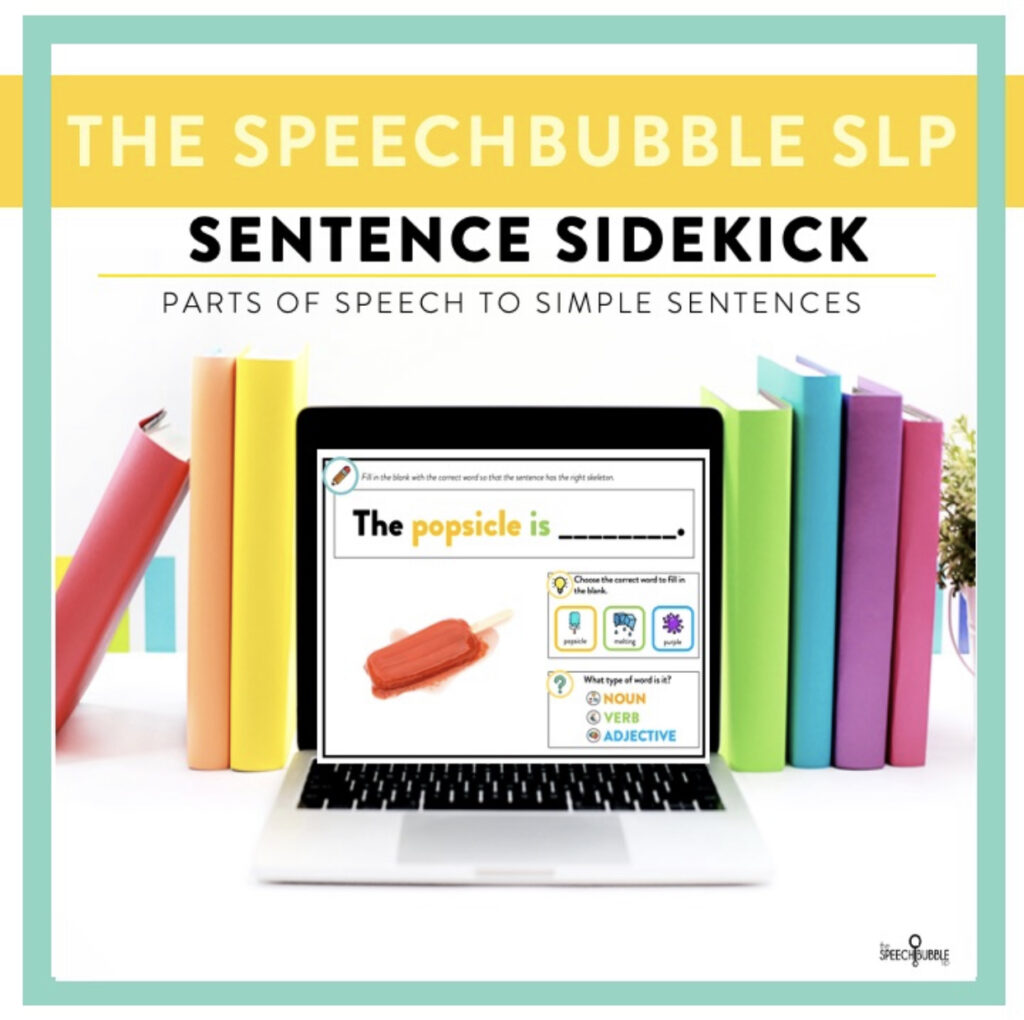Congratulations! You’ve graduated, or are about to, and you have scheduled a job interview. I remember being excited and nervous when I scheduled my first interview. It was my first real, big girl job interview…but I didn’t really know what to expect. What questions would they ask? Should I ask questions? What was I going to wear ?! With interview season approaching I thought I would offer some tips I have learned over the years being both the interviewer and interviewee.
1. Dress for Success

As you walk in the door, the people who will be interviewing you will notice your clothes. While I wish impressions were made on personality alone, unfortunately, they are not. So with that, here are some tips for looking the part for your interview…
- Make sure your clothes fit! Wearing clothes that fit you will make you more comfortable. It is easier to answer questions when you can breath.
- Make sure they are clean. Lay out the clothes you are planning on wearing and give them a once over just to be safe. Stains, dirt marks, and tears, can give the impression that you don’t care.
- Make sure you are covered! I cannot stress that enough. I have interviewed people who were great; they had all the right answers, wonderful personality, but I couldn’t get past how short their skirt was! You don’t want that to be what your interview panel remembers about you!
– No sleeveless tops ( unless your wearing a cardigan or sweater over it )
– No shorts or capris
– If you wear a skirt make sure it hits your knees or just above your knees
- Wear closed toed shoes. Sandals make be acceptable work attire in the place you are interviewing, but remember, you don’t work their yet.
- Keep accessories and colors on the mild side. You may have an awesome bright yellow necklace that you love! But you don’t want the interview panel to be focused on that instead of your responses. Do you love to have cute and crazy nail designs? They can be super fun, but again, they can be distracting. Think more of a simple, classic accessory or nail color for your interview.
So what do you wear? A collared shirt and black pants are always a classic pair and professional look if your in a pinch. Check out Pinterest for ideas if you’re stumped. Don’t run out and buy new clothes ( unless you want to ), see what you have and how you can, in the words of Tim Gunn…

** Side note: Be polite. Say good morning/afternoon, and shake hands.
2. Check Your Facts Jack
You have scheduled your interview, now make sure you know what your getting into. If it’s a private clinic, check out their website. What does it say about the types of services they offer and the cliental they treat. If it is a school district check out their site as well. Do they have any specialty programs that you may be working with? Would you be comfortable working with them?
Also, check and see if you need to bring anything to your interview. Do you need a list of references? I suggest bringing that and some extra resumes.
3. Time For Some Q and A
So you sit down in your interview and the questions begin. Take a deep breath, think about what you want to say. Some standard questions are “What are your strengths?”, “What are your weaknesses?”, “What areas do you excel in?”, etc. When it comes to answering questions that have a bit a have negative twist to them, such as the “What are your weaknesses?” questions, try and answer with a positive note. Something like ” I hate to leave projects unfinished.” or ” I can be a bit of a workaholic.”. While these can be seen as negatives/areas for improvement, employers will hear that you see things through and are hard working. Here are some other questions you may encounter…
- If you could only have 3 materials in therapy what would they be?
- How do you incorporate the Common Core into your sessions?
- What would you do if you and a teacher didn’t agree on a student’s need for services?
- How would you handle a situation where the parent didn’t agree with your therapy approach?
- Do you prefer push-in or pull-out for speech therapy?
- What resources do you use for information? *blogs…cough…The Speech Bubble….cough*
- How do you approach working with students who are ELL ( English Language Learners )?
4. Anything On Your Mind?
Once the interview panel has asked their questions, you will usually be asked if you have any questions of your own. Don’t be shy! Come prepared with a few questions. Here are some good questions that will give you a better idea of the type of job you may have.
- What type of caseload can you expect?
- How are caseloads determined? ( i.e. state cap, workload approach)
- What is the pay scale?
- Does the district reimburse or offer professional development ( CEUs ) for SLPs?
- Do they cover ASHA or State dues?
- What is the cultural diversity of the school/clinic?
- How does the school handle RtI?
- What type space will you have or will you be traveling?
- Do you get reimbursed for supplies?
5. Stop and Think
They have asked and answered questions, you have asked and answered questions. Now it’s time to think. How did you feel about their responses? Did you feel comfortable? Could you work there and BE HAPPY? These are things to think about and consider while you wait.
When the phone finally rings don’t be afraid to answer it. It is ok if they decide to go with someone else and if you are offered the position, fantastic!
I hope this has helped you feel a little more prepared for your interviews. Good Luck! If you are looking for some more sample interview questions check out this post by Speech Room News.
If you have any words of wisdom feel free to share 🙂




















2 Responses
I’ll be graduating very soon and this was very helpful for me. Thank you!